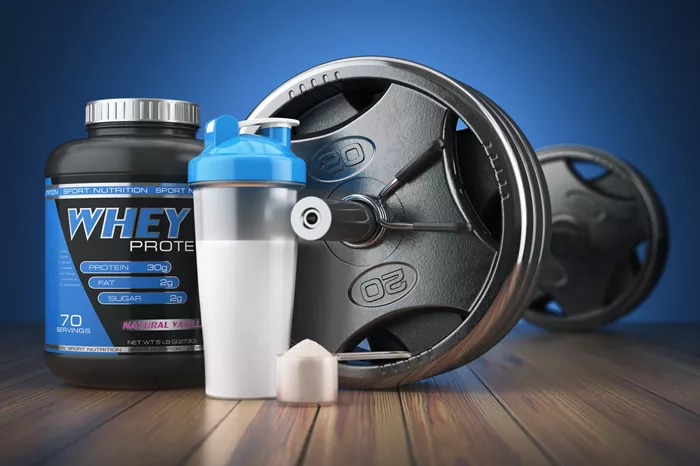You may have heard friends, coworkers, or family members mention taking a supplement called creatine. This supplement is worth billions of dollars and is growing rapidly in popularity. But should you take it?
According to Grand View Research, creatine sales are expected to exceed $4 billion by the end of this decade. In fact, sales have more than doubled in the past five years.
Michael Rivas, a dietitian and sports dietetics specialist at the University of Maryland Medical Center, says several factors are driving this growth.
Creatine is a substance that your body naturally produces and stores. When you take it as a supplement, you help your body store more of it.
Creatine provides extra energy to your muscles and even your brain. Athletes have traditionally used it to increase exercise performance and build lean muscle mass.
Recently, creatine—especially in the form of creatine monohydrate—has gained popularity beyond the gym. New studies show it may have other benefits.
“We are now testing creatine for many uses,” Rivas said. “This includes not only sports performance but also cognitive benefits. I have seen studies on creatine and menopause as well. We are also exploring whether creatine can delay or help with Alzheimer’s disease and cognitive decline.”
Most studies on the cognitive benefits of creatine are still early and based on small groups of people. However, Rivas hopes that in the next decade, strong research will confirm these benefits.
Is creatine safe to take?
“For most healthy people with normal kidney function, it is perfectly safe,” Rivas said.
If you consider taking creatine, talk to your doctor about the right dosage for you.

